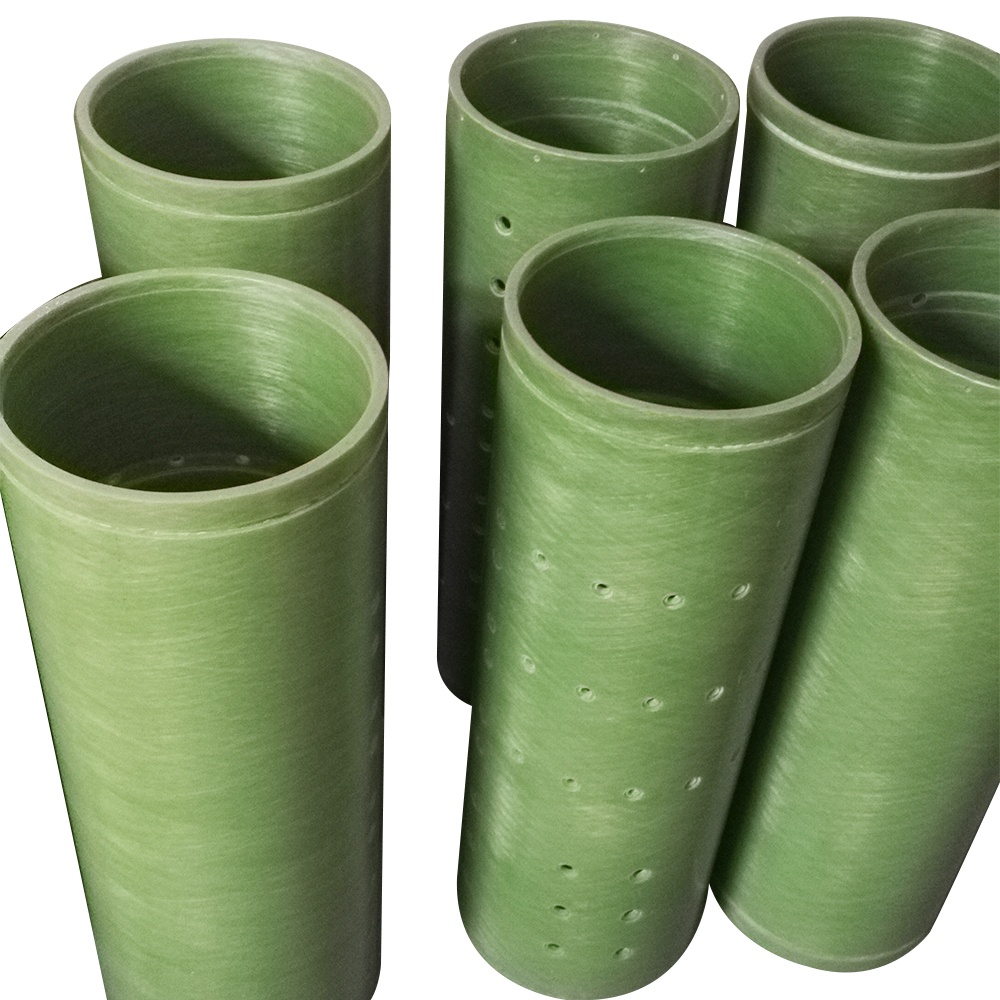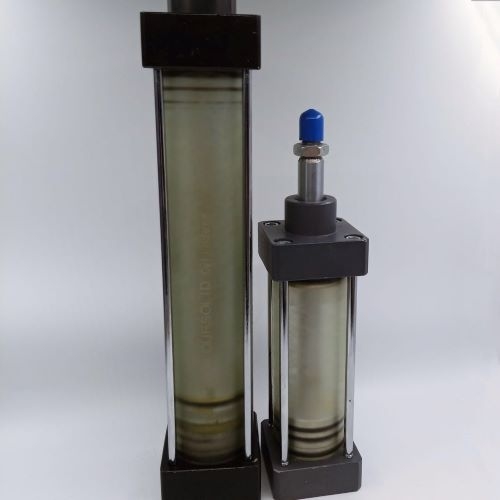Epoxy Fiberglass Tube Layup Elastic Modulus
1: Winding angle, 45°~65° (winding angle can be adjusted according to different requirements to achieve better mechanical properties);
2: Fiber content (weight ratio), 70% to 75%;
3: Density, 2.00g/cm³;
4: Water absorption, less than 0.03%;
5: Axial thermal expansion coefficient, 1.8E-05 1/K;
6: Glass transition temperature, 110~120℃;
7: Chemical resistance Mineral oil: excellent;
8: Solvent and dilute acid: excellent;
9: Tensile elastic modulus, axial 14000 MPa;
10: Tensile strength: 280 MPa in the axial direction; 600 MPa in the circumferential direction;
11: Shear strength: 150 MPa;
12: Bending strength: axial 350 MPa;
13: Compressive strength: axial 240 MPa;
14: Relative dielectric constant 2-3.2;
15: Dielectric loss factor 0.003-0.015;
16: Partial discharge ≤5;
17: Dielectric strength: axial 3~6kv/mm; radial 10~12kv/mm;
18: Lightning shock: 110KV;
19: Power frequency shock: 50KV;
20: Heat resistance class: B, F, H;
21: inner diameter > 5mm; outer diameter < 300mm; length < 2000mm.
The above data is only for reference, the casing parameters we produce are customized for each customer's needs!
Contact available at :
Jacky Shen - Sales manager
Email:[email protected]



